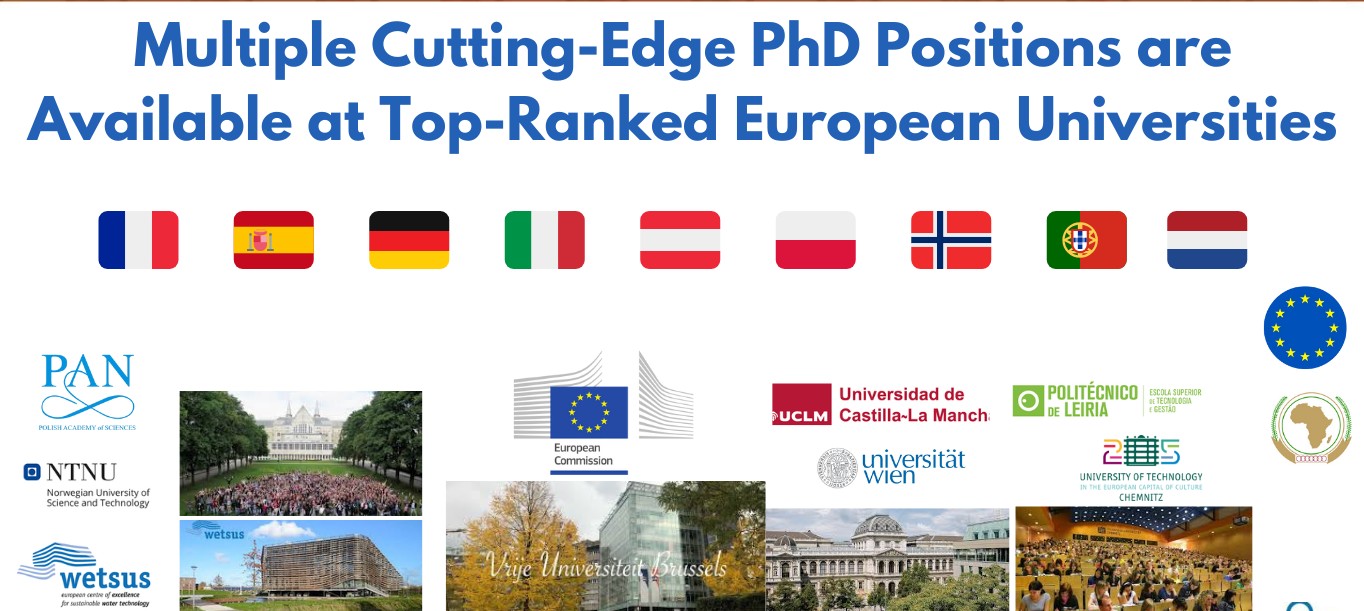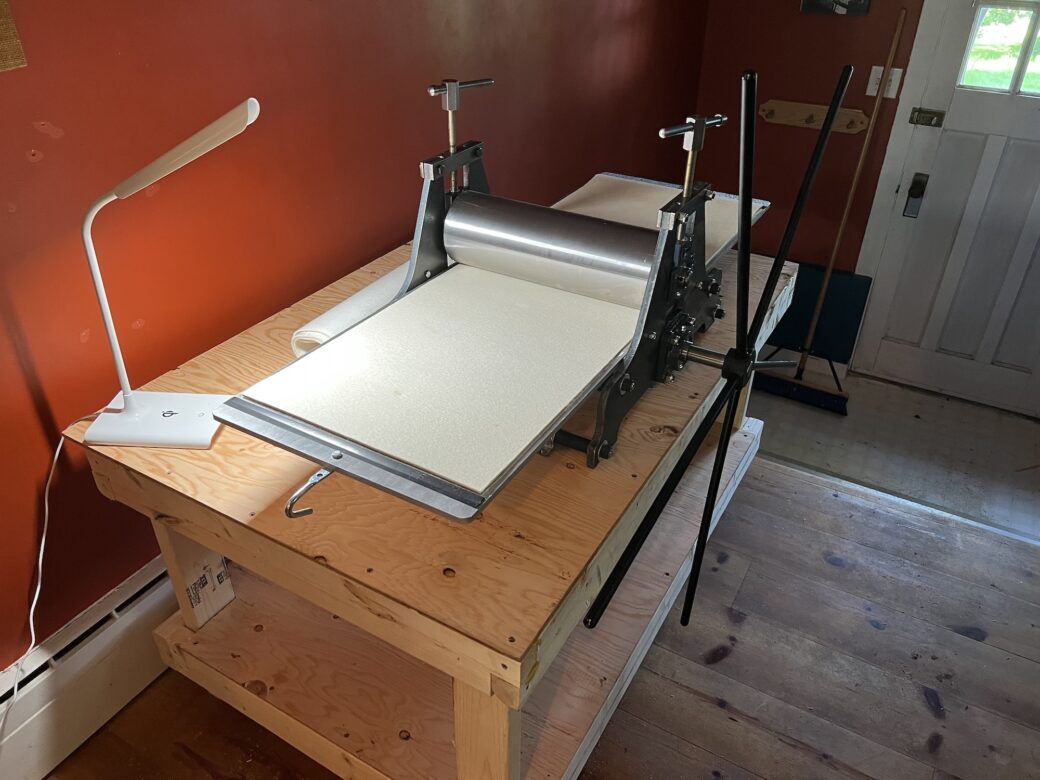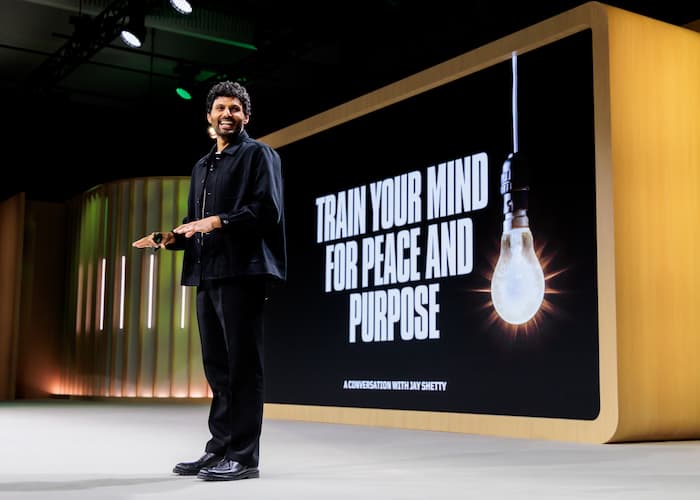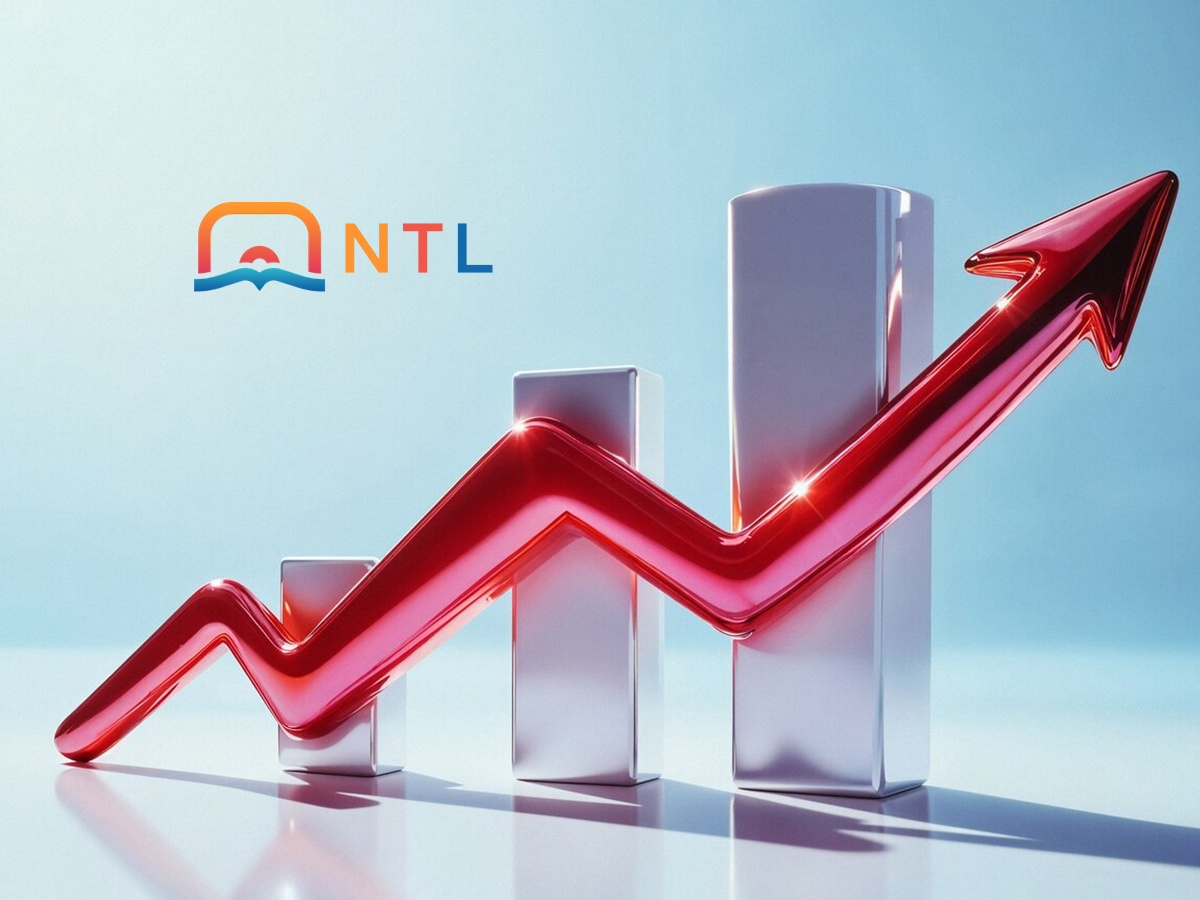I’m finding it difficult to write here these days. And I have written a fair bit as this is post #3,685. Given the turmoil with our American neighbours it’s hard to focus on much else. Just in my professional networks on both sides of the border I personally know people who have lost their jobs, their clients, and any ability to plan for the near future — all in the past month.
I should be writing a book. I even have a publisher. But I won’t. At least not at this time. Most of my thinking time is focused on the aggressive behaviour of our once-ally, the United States, and the continuous threats to our sovereignty. The fact that Trump was re-elected still shocks me. It shows how flawed the US electoral system is, and I know that we have enough of our own flaws here in Canada. I spent most of my initial career as an Infantry officer, training to fight the Soviet Union and its Warsaw Pact allies. It seems that my later years in life may be fighting, at least economically, the Russian regime and the American administration that supports it.
One of my professional areas of interest is sensemaking, individually and collectively. It is the focus of my PKM workshop which is currently in its second week with a global cohort. It’s nice to at least have something to focus on that is not political. With PKM I promote the use of the Cynefin framework and have focused on dealing with complexity and how to operate with a Probe > Sense > Respond approach. Our current state of national and international affairs has shifted into the Chaotic domain which requires more of an Act > Sense > Respond approach. Act first, and then see what happens to make sense of it. When I get up in the morning these days I pretty well start in a confused state.
So I’m asking myself and any interested readers — what changes in our sensemaking practices should we incorporate to adapt to a world that is often more chaotic than complex?
Next: a new understanding of my confusion





















